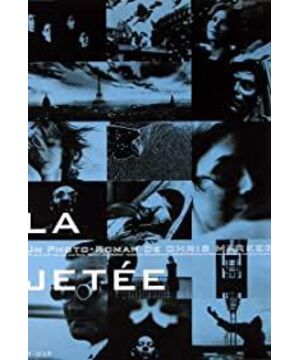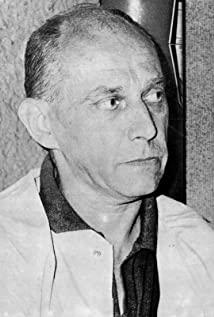This is an experimental short film of the French New Wave. The director uses many black and white photos and dubbing to tell a story that travels through time and space in an overhead background. The hero's mission is to go to the future to find a way to save the country today, but he falls in love with a woman from the past when the experimenter adjusts the time precision...
When the male protagonist began to travel, the heartbeat of the background music touched the mood of each of us. As the protagonist's heartbeat became faster and stronger, our heartbeat and breathing began to speed up. In that passage, the appeal of the sound is greater than that of the image. This rapid heartbeat also seems to make up for the incoherence of the picture. We traveled with this man, looking around the world in a flash, but only one woman can let him temporarily let go of his identity as a time traveler and enjoy the present moment - that is love, which strengthens everyone's emotions , fascinates the world. From the subjective perspective of the male protagonist, we can constantly glimpse the beautiful face of this woman.
In the film, the director keeps playing back several frames (photos). The dilapidated and dark underground corridor, its repeated playback, not only explained the decadent environment of this fictional world, but also gave the audience a space for imagination. We can imagine the dark and gray life of the male protagonist in the underground prison. When the male master fell in love with the woman in the past, he was forced to return to the real underground prison again and again, and woke up to face that look-up, oppressive face (prison guard). Every time this image appears, it reminds us that he is back to reality. The above two pictures, while being played repeatedly, strengthen the tension of the picture itself and arouse deeper emotional resonance from the audience.
The description of the future world in the short film is very abstract. In fact, the logic of the whole story is not particularly strict. But as a short film of about half an hour, its story structure is already complete. I think that experimental short films may not pay off much in the short term, but this pioneering spirit is also constantly inspiring us to continue to advance the progress of the film that is developing.
View more about La Jetée reviews








